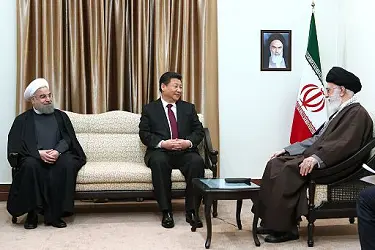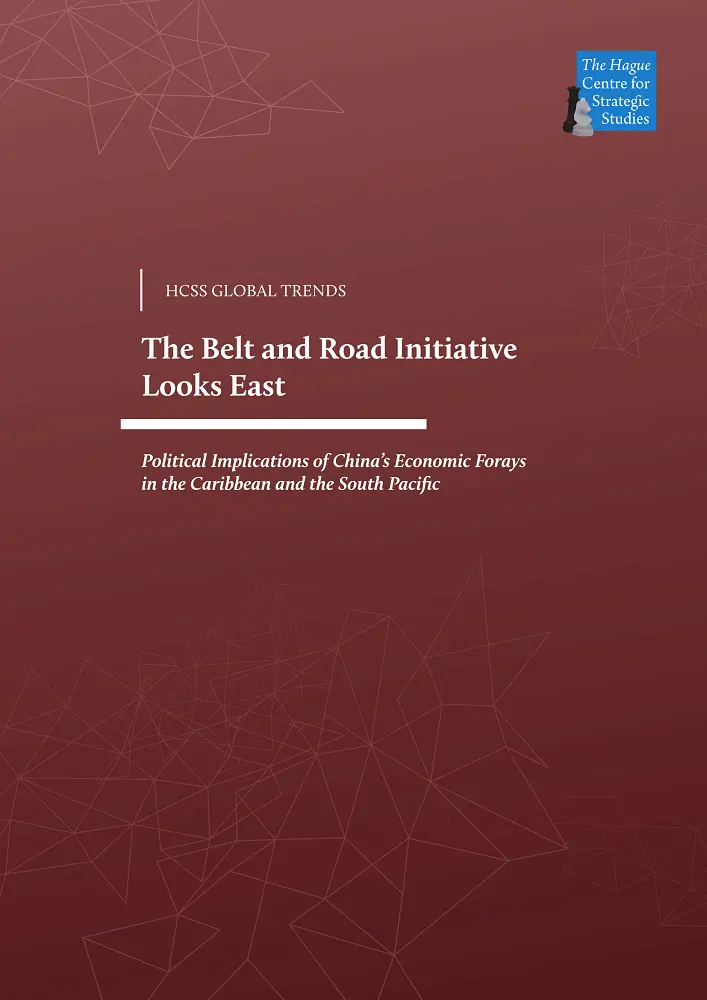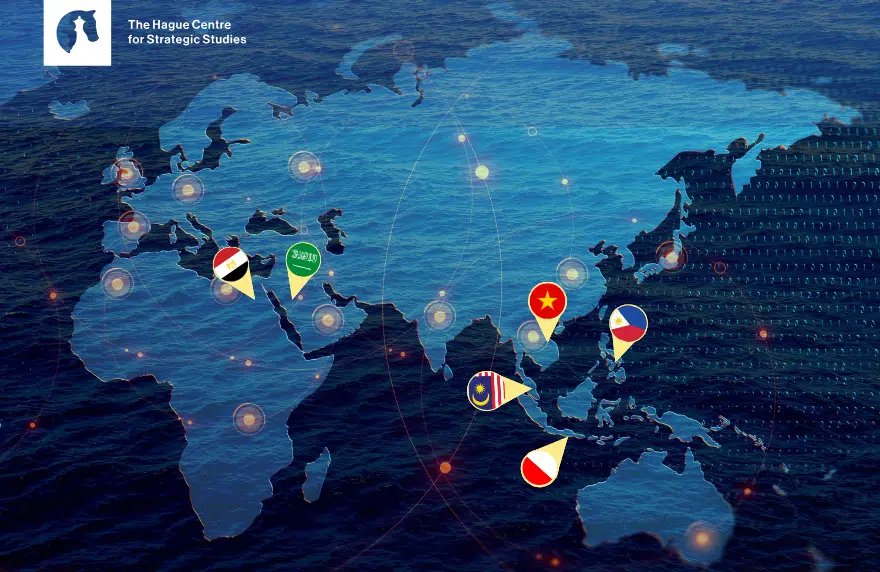When looking at the multiple conflicts and crises that convulse the Middle East today, China rarely seems to play a major role. Whether it is the fight against ISIS, the conflict in Libya, the standoff surrounding Qatar or the war in Yemen, China does not appear to have a major stake in any of these issues. But perceptions can be deceiving. For in fact, China is already significantly economically invested in many countries in the region, and has already surpassed the EU, Russia and the United States as the most important trade partner in several countries. The further rollout of China’s now famous Belt-and-Road Initiative (BRI) is only expected to further boost China’s economic ties to the region. But with economic interests come political and security interests. The question is then to what extent China is willing and able to become more politically involved in what has time and again proven to be a veritable hornet’s nest.
In an essay for the Diplomat, Willem Oosterveld looked at the factors that will draw China further into the affairs of the Middle East and identifies a number of pitfalls it wishes to avoid. He concludes that Beijing should acknowledge the need to get more engaged politically and security-wise, and devise a commensurate strategy, for otherwise the regional powers will set the terms of engagement for the Chinese.
The essay can be read here.
Photo credit: By Official website of Ali Khamenei, Supreme leader of Iran [CC BY 4.0], via Wikimedia Commons





